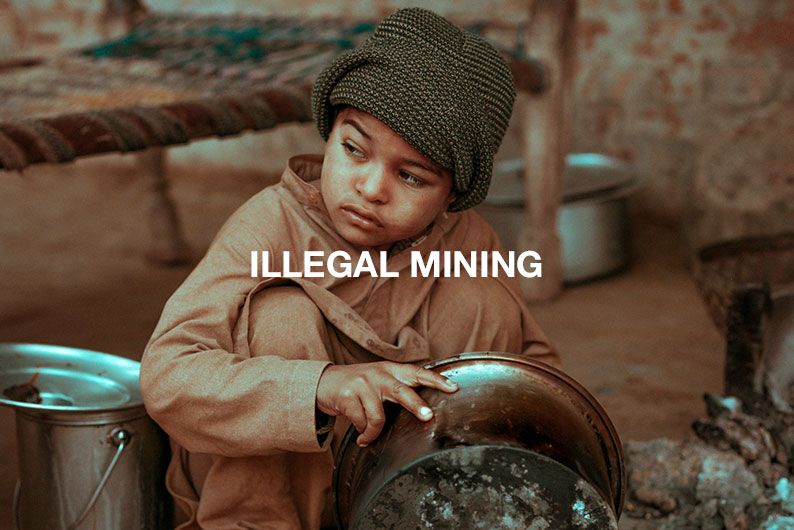Say No To Illegal Mining
19 Apr, 2020 12:00 AM / by Quek Leng Chuang

People do it every day: In the cobalt mines in the democratic republic of Congo, in gold mines in Latin America and in illegal iron mining in India.
What characterizes illegal mining in these different settings? In first hand, illegal mining activities are mining operations conducted without permission by the state. However, land for mining is not always under control of the state. For example in the case of cobalt mines in Congo, the most fruitful mining areas are already under control of multinational companies as the state gave his concession to them.
The role of small-scale mining
80% of the mining activities that are officially declared illegal are artisanal mining activities. Large scale illegal mining is comparatively unusual as authorities can detect it faster. Most of the time, companies conduct large scale illegal mining when they extend their mining concessions without being authorised to do so.
Small scale mining activities are often considered illegal as small scale miners have less bargaining power in comparison with large scale mining companies e.g. in Congo and therefore are only allowed to mined on sites that yield smaller amounts of the precious metals. Thus, small scale miners are often forced to conduct illegal mining on the sites licensed to large scale mining companies as they could not secure their living otherwise.
On the contrary, legal large-scale mining operations obtained their mining licenses by the respective authority. Due to their higher bargaining power however, their chance to get better mining sites than small scale miners is higher in comparison.
Even though illegal miners are largely conducting small scale mining operations, they sell their ore to larger companies and this way, they are indirectly involved into illegal mining operations. For example, in Peru’s illegal gold mining region “La Pampa”, situated in one of the most biologically diverse rainforests of the planet, companies from the US, Italy, Switzerland and the UAR buy and resell illegally mined gold.
This shows that illegal mining is conducted by artisanal miners, but the sale and distribution of the mined metals would not be possible without large, multinational companies.
How can we prevent illegal mining?
Choose recycled metals – it is the easiest way! As supply chains for naturally mined metals are complex, their carbon footprint is high and they do not exhibit characteristics superior to recycled metals, we can only recommend to recycle more metals around the globe. This helps us to fight illegal mining operations that involve the destruction of natural habitats, pollution of the local environment and corruption.
To learn more about the benefits of recycled metals or how Environmental Solutions (Asia) can help manage your waste, get in touch with us or call us at +65 6653 2299.
Topics: Catalytic Converters, Corporate Social Responsbility, Environmental Offset, Metal Waste, Reimagining Sustainability, Sustainability in Singapore
Written by Quek Leng Chuang
LengChuang is a chemical engineer and an expert in carbonomics. He is the founder and owner of Environmental Solutions (Asia) Pte Ltd.
